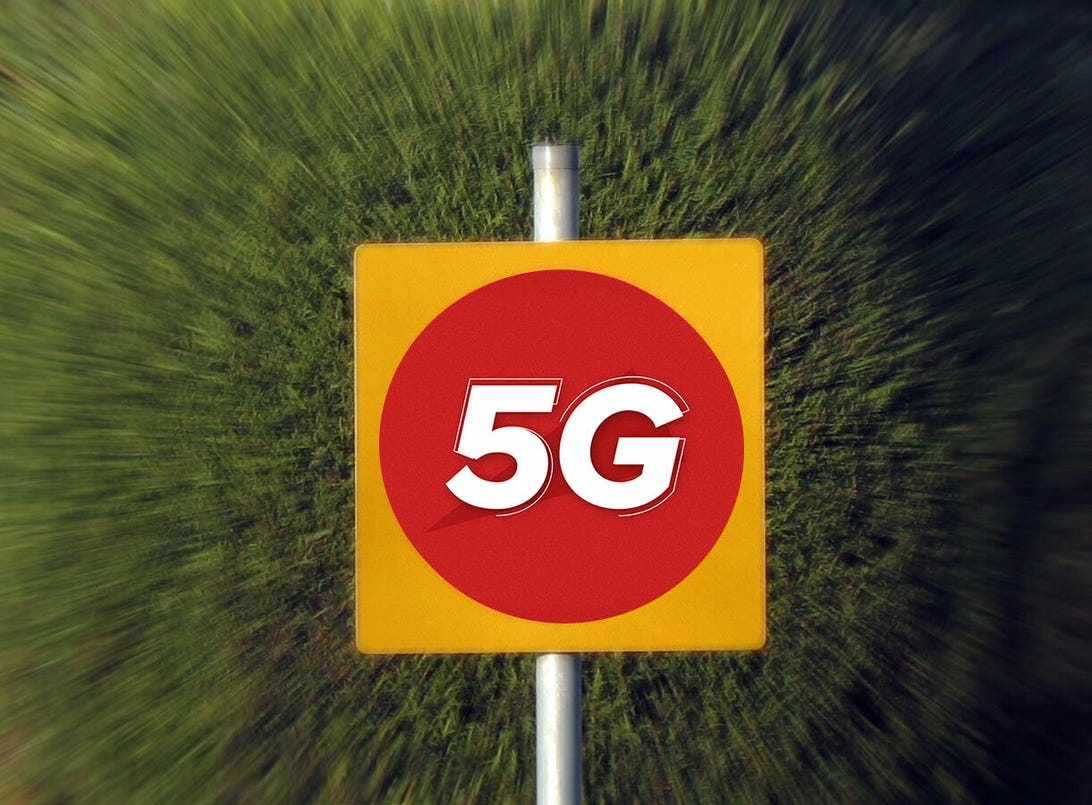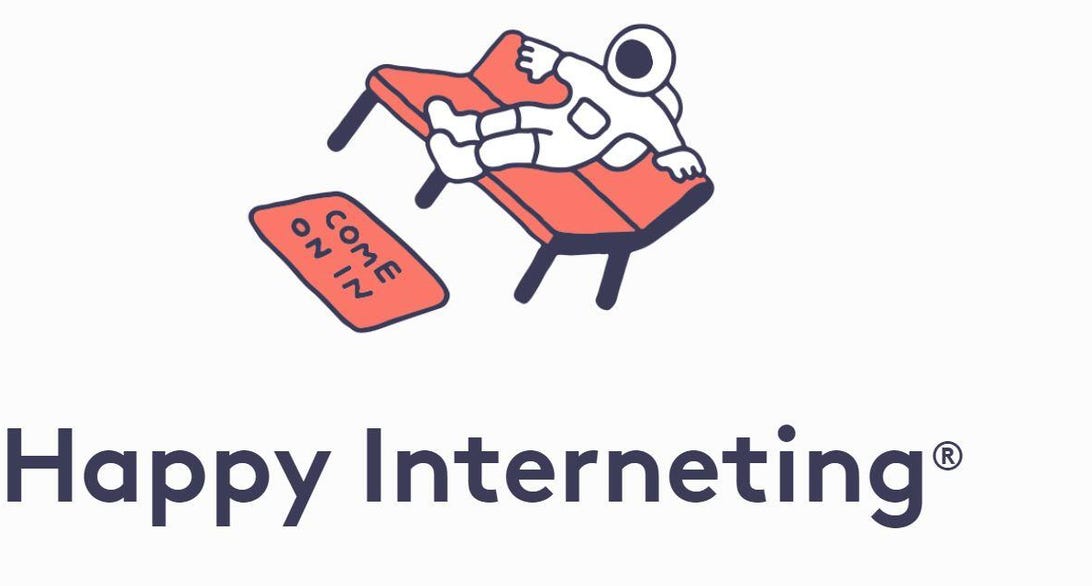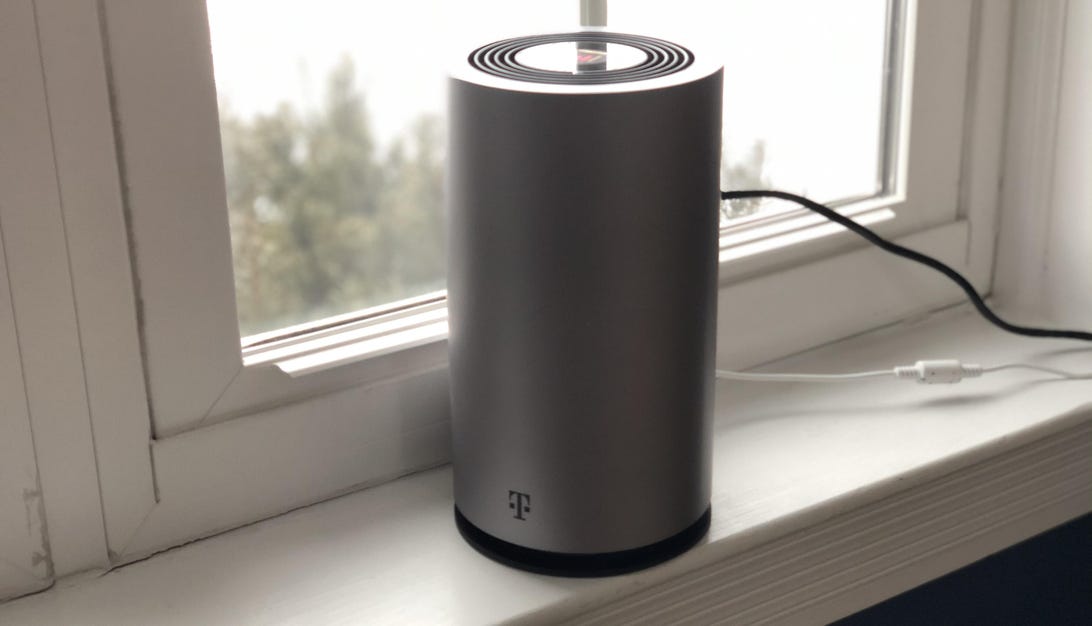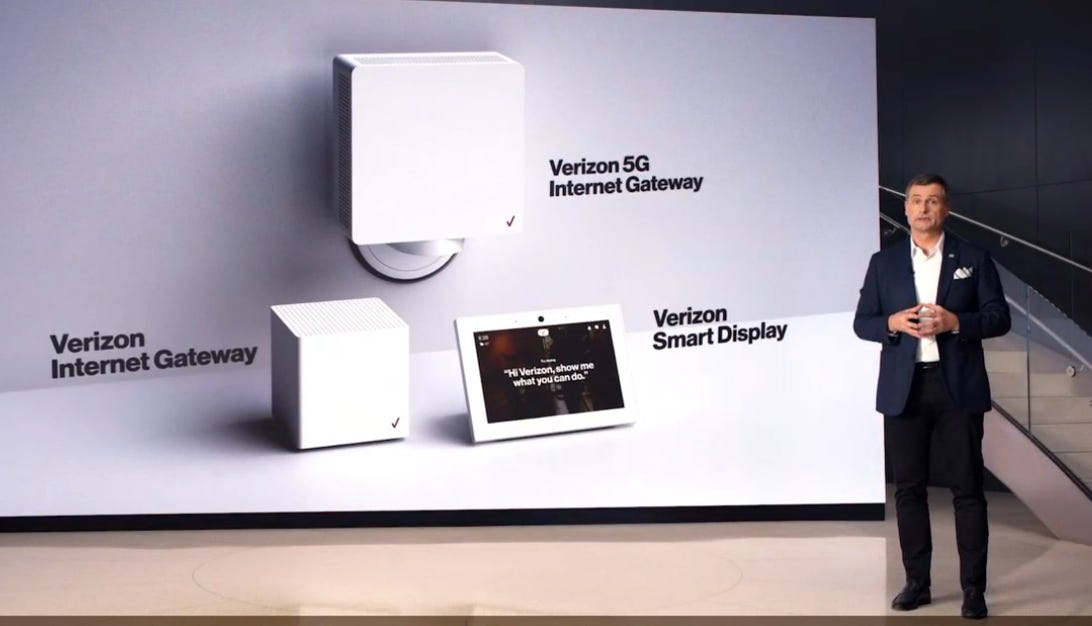
Internet
A recent study by NordVPN determined how much time a German spends on the Internet in the course of his life. The result: 24 years, 8 months and 14 days. These figures were obtained through an analysis of the weekly activity on the internet. Germans spend an average of 51 hours a week online.The participants in the study were people between 18 and 74 years of age who are based in this country. The dates were taken from June 22nd to June 30th. Work is responsible for the majority of weekly online activities. On average, the respondents used the Internet for their job a little more than 20 hours per week. In their free time, Germans are mainly active on streaming platforms such as Netflix or Prime Video. Music services, YouTube and social media offerings are also among the most frequently used things on the Internet. We have prepared a detailed list with all the dates for you below.
The weekly activities of Germans on the Internet
Work / 20:06 hours of streaming TV programs and films / 5: 19 hours of social media / 4:12 hours of YouTube & Co. / 4:09 hours of other / 4:04 hours of listening to music / 3:35 hours of research / 2:36 hours of online shopping / 2:32 hours of games / 2:29 Hours of organizing daily life / 1:45 hours of video calls / 1:30 hours of looking up recipes / 1:30 hours of courses and seminars / 1:21 hours of video games, with just under 2.5 hours a week, a rather small proportion the respondents. At the same time, 45 percent of the participants in the study stated that they could no longer imagine a day without the Internet.02:24
Free Guy: Ryan Reynolds in the third trailer for the "GTA film" loadVideoPlayer ('83922', '& sAdSetCsategory = artikel_featured', 12, '16: 9 ', false, 1377877, false, 34041, 260, false, 0, '', '', false); Read also 0
Numerous Internet sites suddenly showed porn ads
A porn provider acquired the domain of the video platform Vidme. This has flooded 5 Star HD Porn News sites with porn ads. 2The Internet is working again, Steam is back online
A problem with Akamai's Edge DNS service caused numerous Internet sites to fail. The problem has now been resolved. 0Internet: Politics wants to force porn filters again
German politics wants to force so-called porn filters again. However, this jeopardizes free access to the Internet. var lstExcludedArticleTicker = '1377877,1376523,1376430,1374636'; Source: NordVPNIs 5G home internet the answer for your home's broadband needs?
 Graphic by Pixabay/Illustration by CNET
Graphic by Pixabay/Illustration by CNETIt's no secret that too many of us are tired of being tied to internet service providers with cumbersome contracts, insufficient speeds, restrictive terms and rising fees. All too often, though, we have very few options or alternatives.
Could 5G be the answer? The technology that's powering our newest phones and enabling our latest gadgets wants to tackle our home broadband needs, too. The earliest 5G home internet plans, available from names like Starry, T-Mobile and Verizon, offer respectable speeds at a straightforward price -- but availability is still limited to select cities and regions. Let's dig in and see how it works, how fast it gets, what it costs and where it's available right now.
What's 5G again?Simply put, 5G stands for fifth generation. Fifth generation of what, you ask? The fifth generation of wireless data networks. You're probably most familiar with hearing 5G used to describe better mobile communications and speedier phones. You're not wrong. 5G networks, which use different radio frequencies than previous generations, aim to provide faster data speeds with much less lag or delay than we had with 4G.
My CNET colleague Eli Blumenthal breaks down the basics of 5G here. Millimeter-wave technology uses much higher frequencies than previous generations and subsequently provides much faster speeds and connections. But with those higher, gigabit speeds come a price -- the data doesn't travel the same distance as 4G and has trouble with obstructions. To combat that, midband technology, which offers speeds averaging between 300 and 400 megabits per second, increases the coverage area offered by millimeter wave. Finally, low-band 5G offers a range similar to 4G, but with a speed that tops out between 100 and 200Mbps.
Is 5GHz the same thing as 5G?Nope. One common mistake is to see the '5GHz' setting on your Wi-Fi router and assume you have access to 5G. Wi-Fi routers also use short-range radio frequencies -- typically either 2.4 or 5 gigahertz -- to transmit your internet signal to connected devices within your home. So 5GHz is one of the band options for your home's Wi-Fi system, but it's not the same thing as 5G, which is a cellular technology that uses higher-frequency waves.


Cable, fiber and DSL home internet plans require wires that connect your home to the provider's grid. With a fixed wireless service like 5G, your home connects to the provider's network over the air.
Taylor Martin/CNETHow is 5G home internet different than fiber or cable?Most ISPs deliver home internet service via phone lines or cables that connect your home to a larger network. That includes common internet connection types, like digital subscriber line, coaxial cable and fiber-optic internet -- those are all wired connections from your provider to your home.
5G home internet, on the other hand, is a type of fixed wireless internet service, which means that the connection between your provider and your home is a wireless one. With 5G, your provider will need to install an indoor or outdoor 5G receiver at your home to pick up the signal. It's similar to satellite internet, but instead of beaming in a signal from satellites orbiting in the night sky, it's relaying information from a much closer wireless hub. Even though you're using the same 5G network as your mobile phone, your gateway is specific to your location and cannot be used elsewhere.
Who are the main 5G home internet providers?As we've stated already, 5G is still being deployed across the country. Due to that, the number of providers currently offering any 5G home internet plan is fairly limited. For example, AT&T provides a 5G mobile service, but the company's fixed wireless solution does not currently utilize its 5G network. So, right now, your main options for 5G home internet are Starry, T-Mobile and Verizon. Let's explore what each offers.


Starry is a relatively new player in the ISP game. The company, which started in 2016, uses millimeter-wave technology to deliver high-speed broadband capabilities to its customers. The monthly price includes unlimited data, free equipment and installation, and no contracts. It's also the only one of the three 5G home internet providers listed here that features symmetrical download and upload speeds, similar to what you'd find with a fiber internet service.
Lastly, Starry also offers a '30-Day Happy Interneting Guarantee' that features a full refund if you aren't satisfied with the service and cancel it within the first 30 days.


T-Mobile Home Internet features the lowest broadband speeds among our listed providers. That's because it wavers between 4G LTE and 5G. It's not exclusively 5G. T-Mobile 'anticipates' that most customers will average around 100Mbps download speeds at present. CNET tested T-Mobile's home internet service and we hit a max of 132Mbps on the service.
T-Mobile's home internet service includes all setup fees and taxes. There is no annual contract or data cap. Its current deal, available through the end of 2021, features $10 off YouTube TV for new subscribers.


Verizon's 5G internet service, which uses ultrawideband 5G technology, boasts max download speeds of up to 1 gigabit and average speeds around 300Mbps. However, upload speeds are not symmetrical and will plateau at 50Mbps or less because Verizon does not exclusively use the millimeter-wave technology but a mix of low-band, midband and millimeter wave.
Verizon 5G Home Internet pricing is $70 a month, or $50 a month for Verizon mobile customers who already pay at least $30 a month. It's an all-in price that includes equipment, setup fees and taxes, and like all other Verizon plans, it requires no contracts or data caps.
Verizon also offers many promos and deals to sweeten the pot for potential customers. First, it offers an Early Termination Fee credit offer where it will give qualifying customers a bill credit of up to $500 if they switch from their current ISP and are charged an ETF. Second, new 5G Home customers can get a free Samsung Chromebook 4. Third, online orders are also eligible to receive a $100 Verizon Gift Card. Lastly, new subscribers will also receive two free months of Sling TV as well.
Now playing: Watch this: 5G: The next five years
9:37
Where is 5G home internet service available?Let's not sugarcoat this. 5G home internet service is not yet widely available. While the list of cities seems to be expanding nearly every month, most are larger US cities.
That said, T-Mobile Home Internet is the most widely available service among the three providers we've highlighted. While Verizon shared with CNET earlier this year that it's aiming to have its 5G home internet service available to 15 million homes by the end of this year, T-Mobile says its fixed wireless service is open to 30 million households at present across over 40 states and more than 600 cities. That said, T-Mobile also acknowledges it does not have unlimited availability across those locations due to network capacity and a limited inventory of its internet gateway. To see the expansive list of metro areas, you can check out this T-Mobile Home Internet PDF.
Verizon's 5G Home Internet is currently offered in just over 50 markets, including Akron, Ohio; Albuquerque, New Mexico; Arlington, Texas; Anaheim, California; Ann Arbor, Michigan; Atlanta; Austin, Texas; Charlotte, North Carolina; Chicago; Cincinnati; Cleveland; Columbia, South Carolina; Columbus, Ohio; Dallas; Denver; Des Moines, Iowa; Detroit; Durham, North Carolina; Fresno, California; Greensboro, North Carolina; Gresham, Oregon; Hartford, Connecticut; Houston; Indianapolis; Kansas City, Missouri; Las Vegas; Little Rock, Arkansas; Los Angeles; Louisville, Kentucky; Memphis, Tennessee; Miami; Milwaukee, Wisconsin; Minneapolis and St. Paul, Minnesota; Nashville; New Orleans; Omaha, Nebraska; Phoenix; Raleigh, North Carolina; Riverside, California; Sacramento, California; Salt Lake City; San Antonio, Texas; San Diego; San Francisco; San Jose, California; Seattle; Spokane, Washington; St. Louis; St. Petersburg, Florida; Tampa, Florida; and Tucson, Arizona.
At this writing, Starry Internet is available in Boston; Columbus, Ohio; Denver; Los Angeles; New York City and Washington, DC. Its 2022 expansion roadmap includes approximately 30 million households across the country in such cities as Atlanta, Chicago, Dallas, Detroit, Houston, Indianapolis, Memphis, Miami, Philadelphia, Phoenix, Portland, San Francisco and Seattle.
CNET Home
Bring your home up to speed with the latest on automation, security, utilities, networking and more.
Does 5G home internet make sense for you?The first thing to be said is what we always say when it comes to ISPs -- no matter how good the service is, it's all moot if it's not available at your address. Right now, 5G home internet isn't widely available, and 5G technology itself is still being rolled out across the country, so we should expect to see some bumps in the road as that effort continues.
Still, 5G home internet's availability is increasing at a pretty rapid pace. Even more appealing -- and what jumps off the page for me -- is the affordable, straightforward pricing. Time will tell if that trend holds as availability continues to expand, but it would be a real step forward if 5G can emerge as a viable broadband option for traditionally underserved parts of rural America. As CNET alum Rick Broida put it after testing T-Mobile's service, 'imperfection is a lot more tolerable when you're paying less than half what you were before.'
5G home internet FAQsWhat's the difference between 5G home internet and cable internet?
Cable internet -- whether it's coaxial cable, fiber-optic cable or a hybrid of the two -- relies on wires to transmit data from a central hub into your home. But 5G home internet is a fixed wireless solution that uses an internet gateway to connect your home using radio frequencies to connect to a cell tower or data hub nearby.
How much does 5G home internet cost?
5G home internet is one of the more affordable options available considering the decent download speeds that current plans average -- T-Mobile averages just over 100Mbps, Starry chimes in at 200Mbps and Verizon's median speed is 300Mbps. The lowest monthly cost between the three main providers is $50 (Starry) and the highest is $70 (Verizon). But each of the providers' monthly costs includes all fees, taxes, equipment fees and installation charges. So the monthly charge you see is the monthly charge you pay. Lastly, none require term contracts, so you won't have to fear any early termination fees.
Is 5G home internet faster than fiber internet?
In theory, 5G should enable a speedy connection that will match or better what you get with fiber internet. But when it comes to the reality of 5G home internet, that's simply not the case. To increase the reliability and coverage of the 5G internet service, most providers rely on a mix of millimeter-wave, low-band and midband technology -- as well as 4G LTE in some cases -- and this means home internet customers won't see the real high-end capabilities of 5G at present.